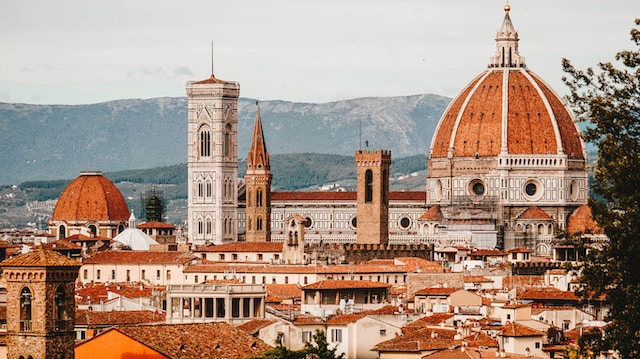On Thursday June 1st, the Municipality of Florence announced that it will ban the use of residential properties for short-term rental services, such as Airbnb, in its historic center. The aim is to encourage housing in the historic center of Florence, an area designated by Unesco as a world heritage site and suffering from population emptying, a reality common to many tourist areas in Italy. Florence is one of Italy’s top tourist destinations.
According to the city’s mayor, Dario Nardella, the new rule will not be retroactive. It provides tax incentives for owners who “want to collaborate and go back” on the use of their properties, such as exemption from the tax on second homes, which today is around 2,000 euros per year for a medium-sized apartment in the historic center.
“We know it is a legally bold law, but we are sure we can defend it in court,” said the city’s mayor Dario Nardella. “If we don’t try to take politically innovative action, no one will move. We are tired of promises, this problem has become structural.”
According to the Associated Press, students in Italian cities such as Milan, Rome and Florence have been camping out in tents on campuses to protest a lack of affordable housing. Florence and Venice have seen a dramatic increase in the number of properties used for short-term rentals. A short-term rental is defined as any period less than 30 days.
We are tired of promises, this problem has become structural.
Dario Nardella, Mayor of Florence
The measure announced by the Florence City Council anticipates a project under discussion by the Italian government, which promises a package of actions to curb short-term rentals in the coming weeks. Florence plans to offer a tax incentive for those who convert their places back to long-term rentals. Cities around the world have been blaming the booming popularity of Airbnb and similar services for the depopulation of their historic centers.
As the supply of properties for tourists increases, the number of residences for long-term contracts decreases, driving up rental prices and forcing local residents to seek cheaper, more remote regions. Nardella said the authorities would not go after the 8,000 short-term private rentals currently operating in the city’s historic center, as reported by AP. The city has roughly 11,000 short-term private rentals.













